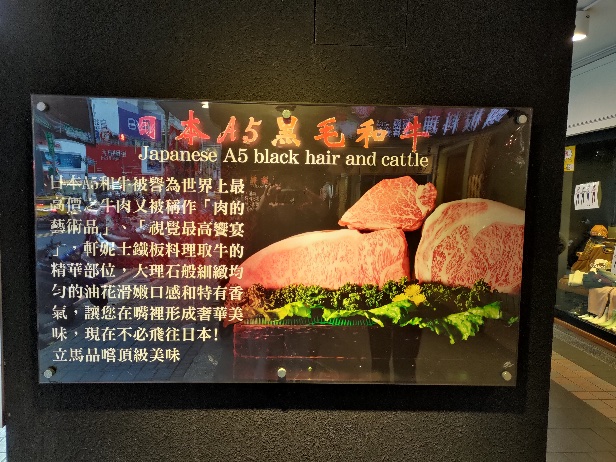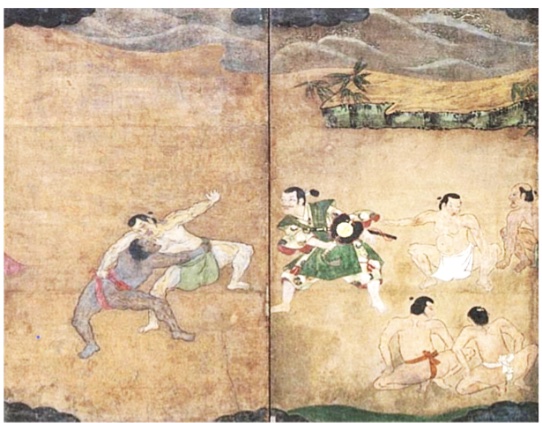How to pronounce the surname "Mair" and other Doggie talk
People pronounce my surname all sorts of different ways — Myer, Mare, Meer, Mire, as in Golda Meir, etc., etc., with the number of syllables (one or two), accent, and vowel quality varying almost limitlessly — but I've never once in my life "corrected" anyone, because I think they're all legitimate. Think of the different ways to pronounce Sun Yat-sen's and Chiang Kai-shek's names, and how to pronounce 陈 (Chen, Chin, Chan, Tan).
After all, people in the same family may pronounce their own surname differently, e.g., Boucher ("Butcher, Boochez"), Naquin ("Na-can, Næ-kwin"), and the famous Penn Sinologist Derk Bodde (1909-2003) introduced himself as "Derek Bod", whereas most other people called him "Durk Bod-de").
Read the rest of this entry »


